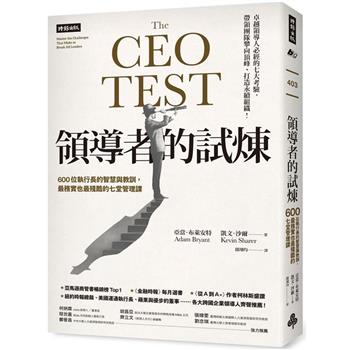A Binary Search Tree (BST) optimizes search operations by organizing data for fast lookups, insertions, and deletions. Various balancing algorithms, including single and double rotations, have been developed to maintain this efficiency. While double rotations are effective, they consume more computational resources, potentially impacting system performance in environments with frequent searches.Evaluations of different algorithms for dynamically maintaining BSTs focus on unpredictable search patterns, managing tasks like inserting new nodes and restructuring the tree to reduce path length and search time. Height-Balanced Trees, such as AVL Trees, keep minimal height differences between subtrees for efficient searches, while Bounded-Balance Trees, like Red-Black Trees, allow more relaxed balancing for specific operations.Hybrid algorithms blend features of both tree types for enhanced performance. The paper presents a novel method that improves upon double rotations, achieving similar balancing results with nearly half the computational steps. This advancement promises to significantly enhance BST maintenance efficiency and overall system performance in dynamic search environments.
| FindBook |
有 1 項符合
Dynamic Efficiency: Algorithms for Maintaining Binary Search Trees的圖書 |
 |
Dynamic Efficiency: Algorithms for Maintaining Binary Search Trees 作者:Sabah Mustafa 出版社:LAP Lambert Academic Publishing 出版日期:2024-09-30 語言:英文 規格:平裝 / 52頁 / 22.86 x 15.24 x 0.3 cm / 普通級/ 初版 |
| 圖書館借閱 |
| 國家圖書館 | 全國圖書書目資訊網 | 國立公共資訊圖書館 | 電子書服務平台 | MetaCat 跨館整合查詢 |
| 臺北市立圖書館 | 新北市立圖書館 | 基隆市公共圖書館 | 桃園市立圖書館 | 新竹縣公共圖書館 |
| 苗栗縣立圖書館 | 臺中市立圖書館 | 彰化縣公共圖書館 | 南投縣文化局 | 雲林縣公共圖書館 |
| 嘉義縣圖書館 | 臺南市立圖書館 | 高雄市立圖書館 | 屏東縣公共圖書館 | 宜蘭縣公共圖書館 |
| 花蓮縣文化局 | 臺東縣文化處 |
|
|
圖書介紹 - 資料來源:博客來 評分:
圖書名稱:Dynamic Efficiency: Algorithms for Maintaining Binary Search Trees
Sustainable Technologies for Food Waste Management
Control Theory for Practical Applications: With MATLAB Demonstration Programs
Food Security, Nutrition and Sustainability Through Aquaculture Technologies
Novel Nanocarriers for Skin Diseases: Advances and Applications
Advances in Autonomous Navigation Through Intelligent Technologies
Nonthermal Light-Based Technologies in Food Processing
Advances in Computational Intelligence Systems: Contributions Presented at the 23rd UK Workshop on Computational Intelligence (Ukci 2024), September 2
The Amateur Plankton Researcher’s Practical Guide: How to Study Plankton at Home
The Challenges of Era 5.0 in Accounting and Finance Innovation
Electrimacs 2024: Selected Papers - Volume 1
Control Theory for Practical Applications: With MATLAB Demonstration Programs
Food Security, Nutrition and Sustainability Through Aquaculture Technologies
Novel Nanocarriers for Skin Diseases: Advances and Applications
Advances in Autonomous Navigation Through Intelligent Technologies
Nonthermal Light-Based Technologies in Food Processing
Advances in Computational Intelligence Systems: Contributions Presented at the 23rd UK Workshop on Computational Intelligence (Ukci 2024), September 2
The Amateur Plankton Researcher’s Practical Guide: How to Study Plankton at Home
The Challenges of Era 5.0 in Accounting and Finance Innovation
Electrimacs 2024: Selected Papers - Volume 1
|











